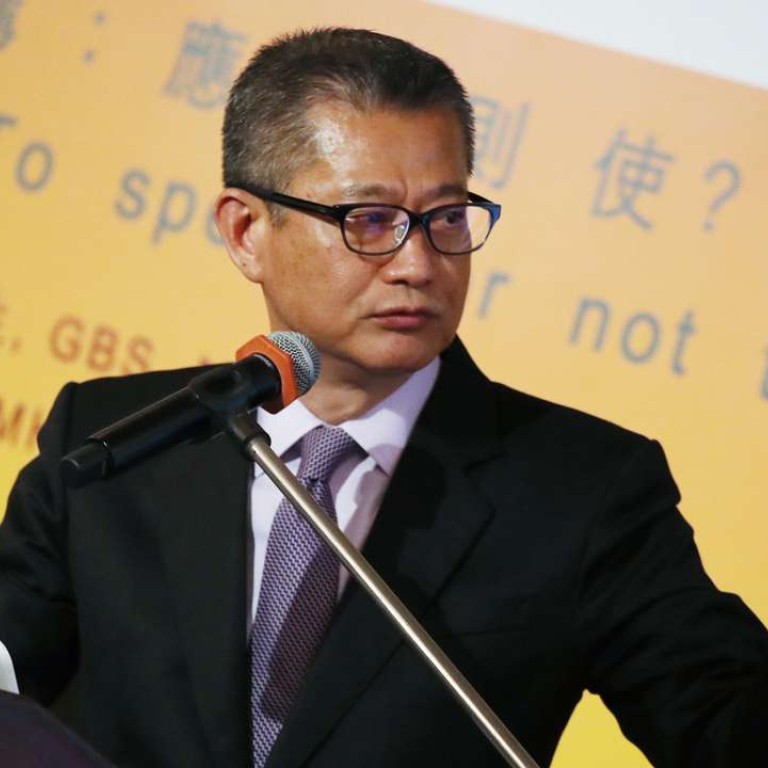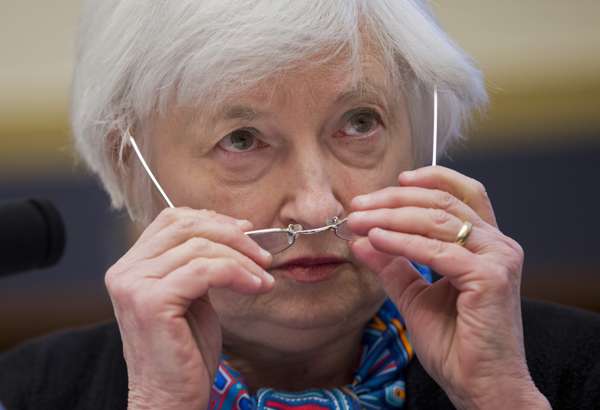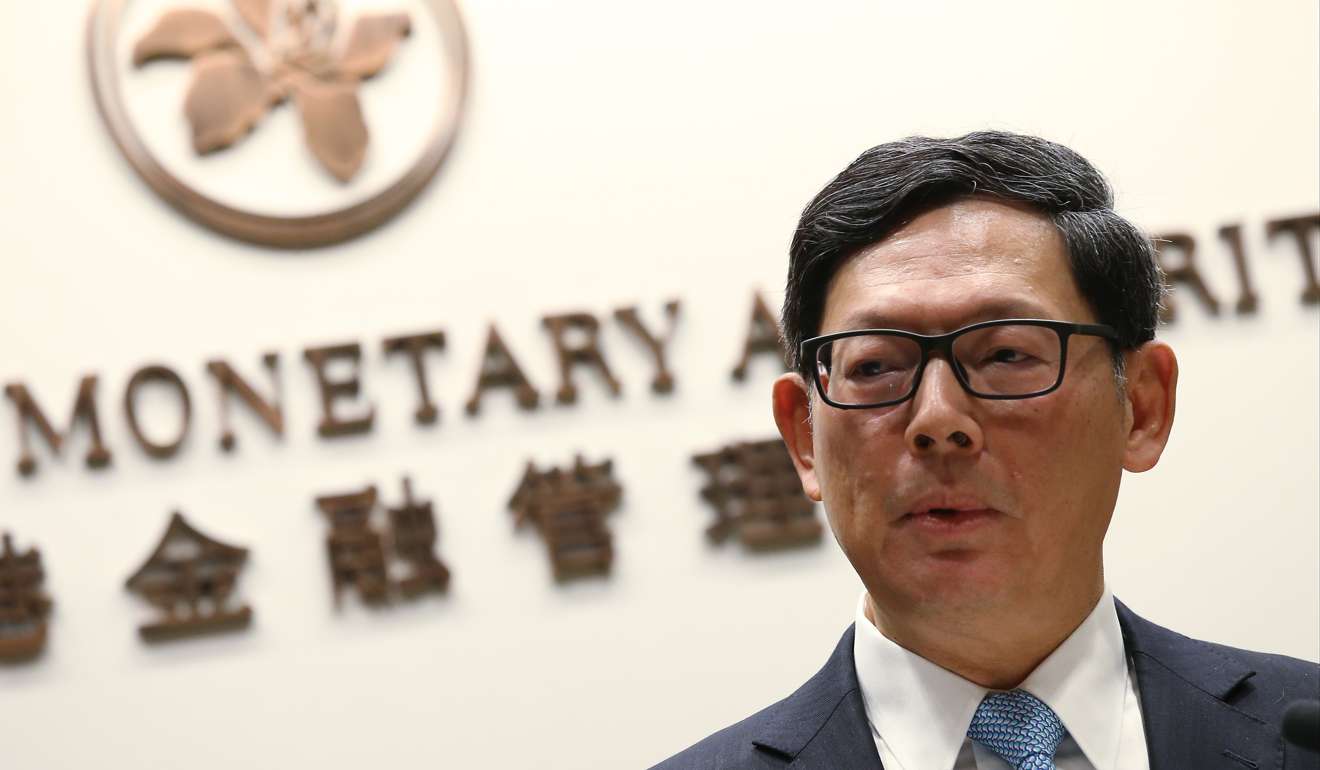
Nine more base rate rises by end of 2019, says HKMA
Because of the ample liquidity in the market, Financial Secretary Paul Chan Mo-po says there is ‘no immediate urgency for Hong Kong [banks] to follow [the US rate rise]’
The Hong Kong Monetary Authority (HKMA), the city’s de facto central bank, said on Thursday it would raise the base rate by 25 basis points to 1.25 per cent, the second rate increase in three months, following the US Federal Reserve’s overnight move.
But Financial Secretary Paul Chan Mo-po. said that in the short term, because of the ample liquidity in the market, “there is no immediate urgency for Hong Kong [banks] to follow [the US rate rise]”.
On Wednesday afternoon in the United States, the US Federal Reserve raised interest rates in response to stronger employment numbers and rising inflation, and signalled two further increases this year.
Norman Chan Tak-lam, the HKMA’s chief executive, said according to the US Fed’s latest projection, “there will be about 8-9 rate hikes from now on until 2019”.
The HKMA is compelled to follow interest rate moves by the US Fed to maintain the peg with the US dollar.

Hong Kong’s base rate is currently set 50 basis points higher than the lower end of US federal funds target rate, which the FOMC raised by 25 basis points to between 0.75 and 1.0 per cent.
Hong Kong’s commercial banks make their own decisions about whether or not to adjust the interest rates they provide to savers or borrowers. They chose not to do so yesterday despite the change in the base rate.
In the short term, because of the ample liquidity in the market, there is no immediate urgency for Hong Kong [banks] to follow [the US rate rise]
HSBC, Hang Seng Bank, and Bank of China Hong Kong maintained their best lending rate at 5 per cent, while Standard Chartered maintained its at 5.25 per cent.
“In the short term, because of the ample liquidity in the market, there is no immediate urgency for Hong Kong [banks] to follow [the US rate rise],” said Financial Secretary Paul Chan Mo-po.
The vast scale of Hong Kong’s aggregate balance means that Hong Kong banks have sufficient access to funds, while fierce competition compels them to keep lending rates low.
However, Paul Chan added, it would only be a matter of time before rates had to rise had to as the trajectory of rate hikes was expected to continue into at least 2019.
Norman Chan urged prudence from borrowers as rates increased.

“While it is difficult to predict the precise pace of Hong Kong dollar interest rate normalisation, I would like to remind the public they should not underestimate the impact of higher interest rates on the serviceability of their debts, especially mortgage loans. It would be prudent that one should not overstretch oneself in taking out such loans,” said Norman Chan.
If the US dollar interest rate rises, while Hong Kong dollar rates remain low, the widened interest rate differentials would be expected to lead to selling of Hong Kong dollars. The Hong Kong dollar exchange rate will ease to the week end of the peg (HK$7.85 to one US dollar), and the monetary base would shrink gradually as a result.
A consequence of these changes would be volatility in Hong Kong’s markets.
“Volatility is a fact of life,” said Norman Chan. “We will have to adjust to it.”

